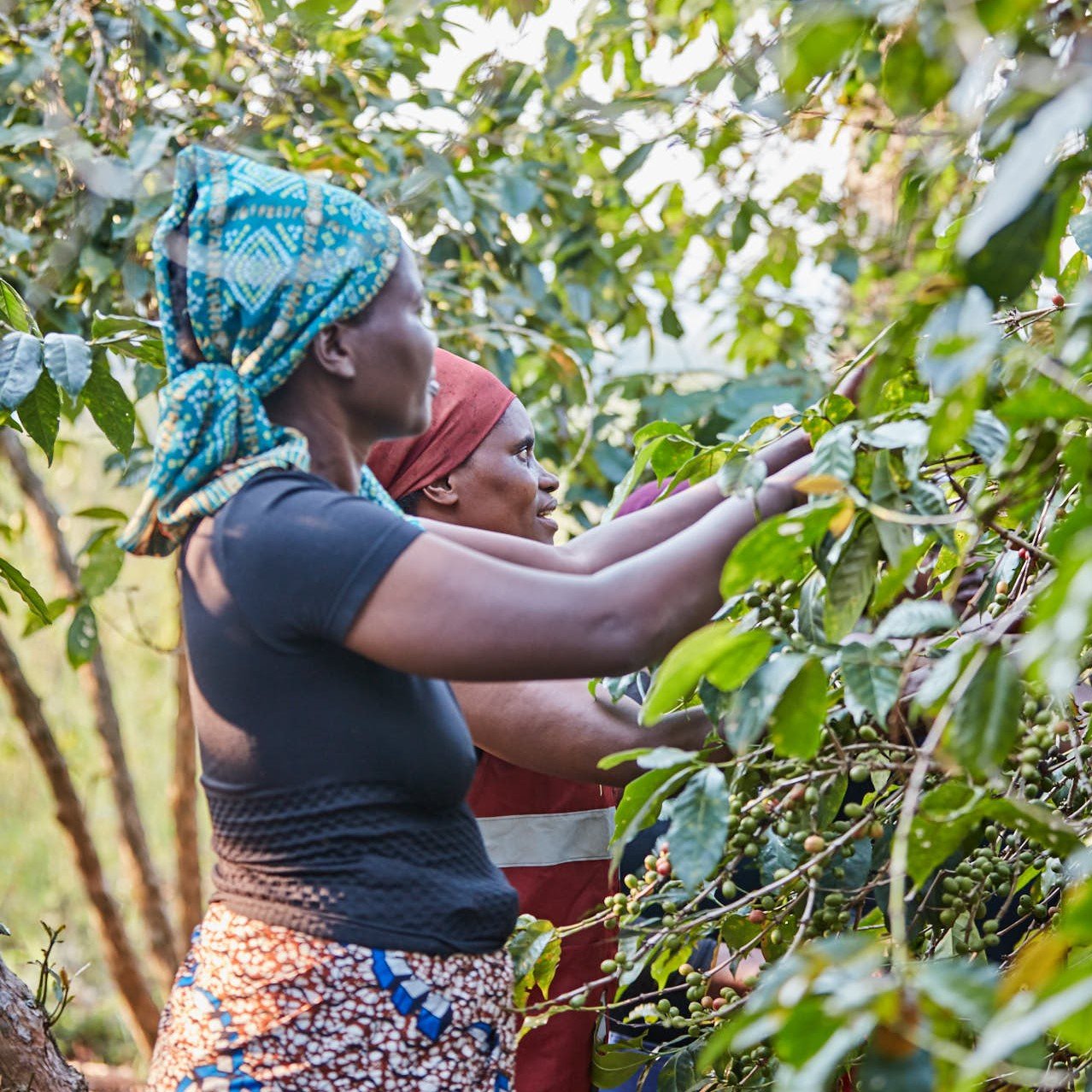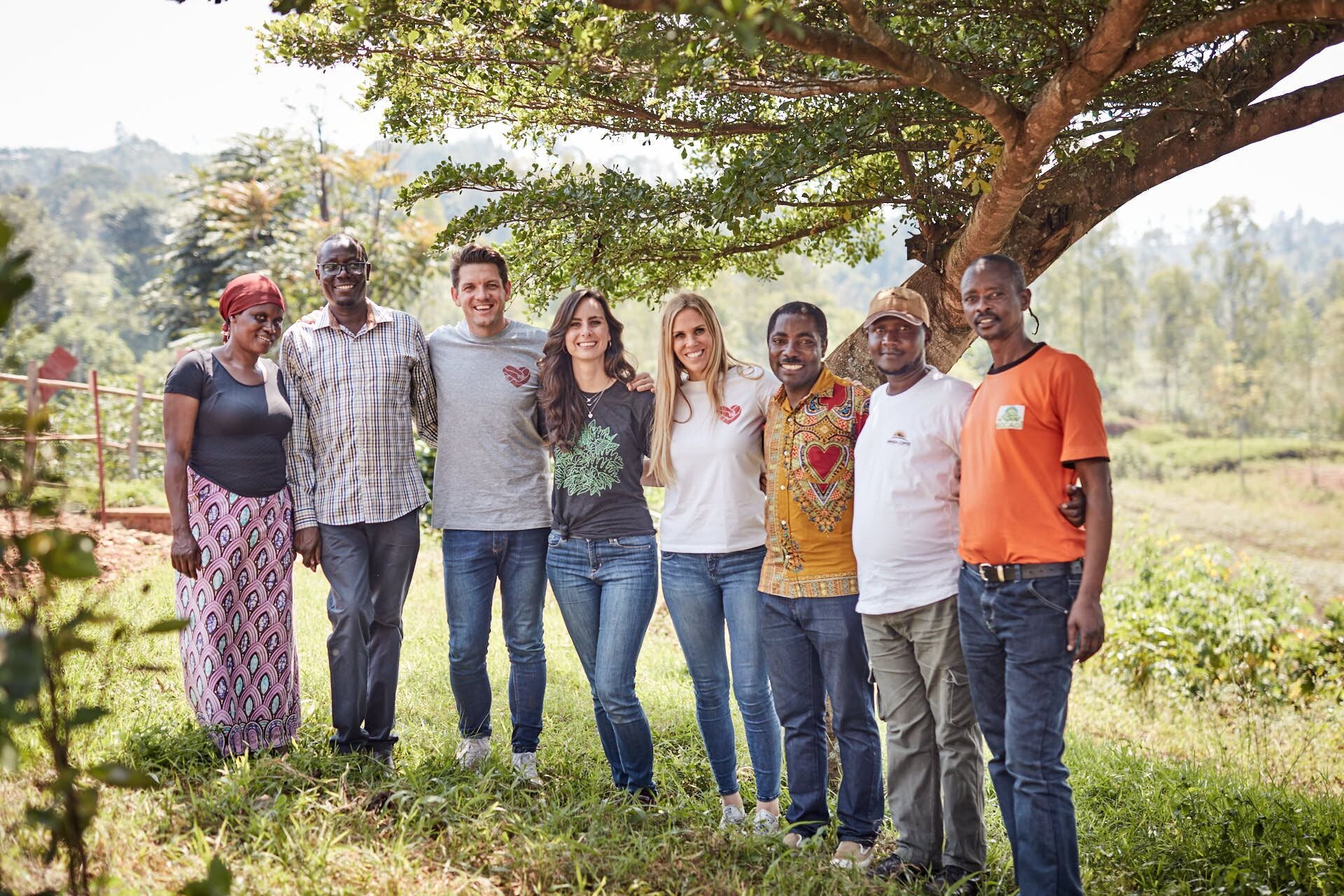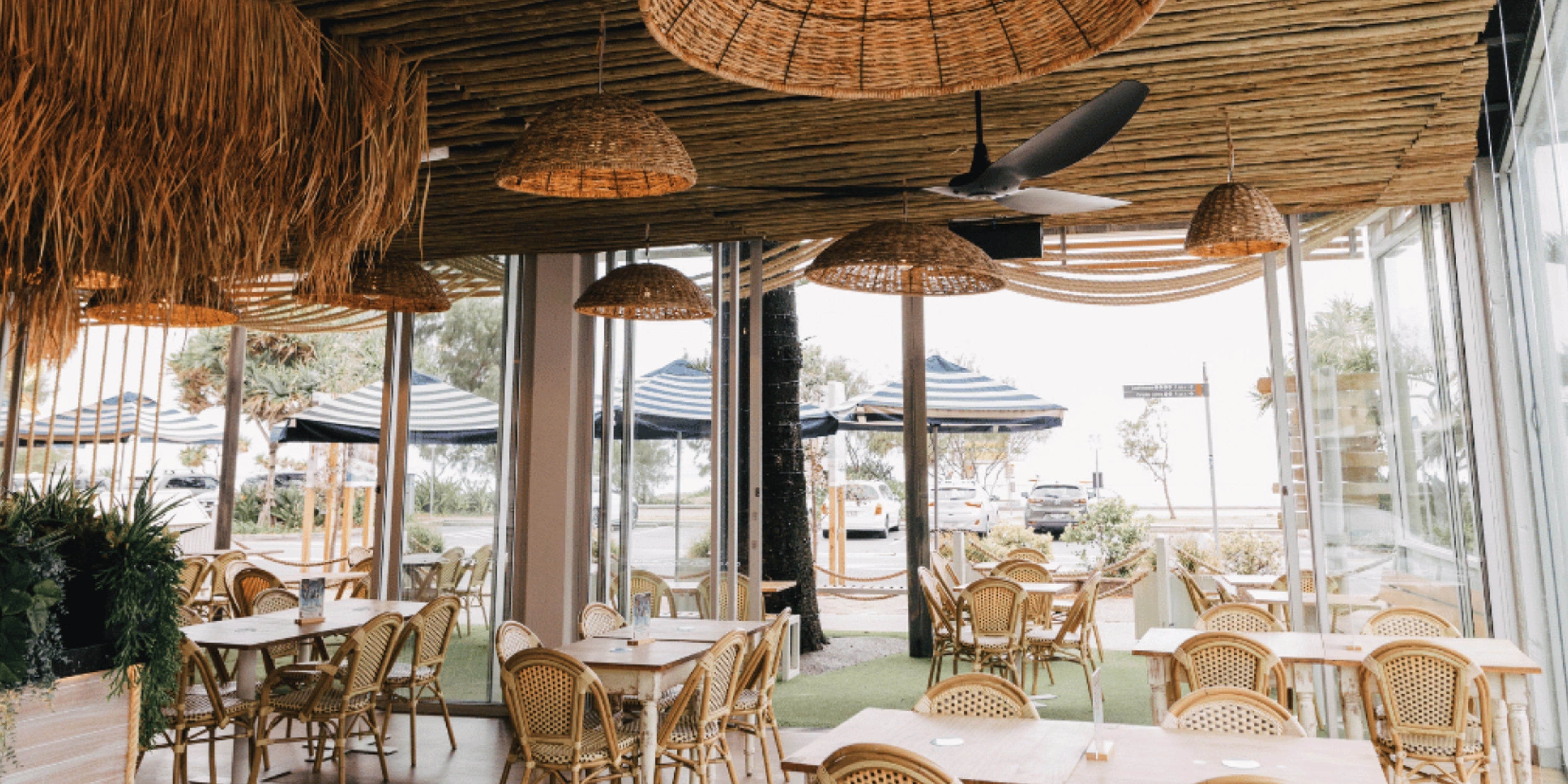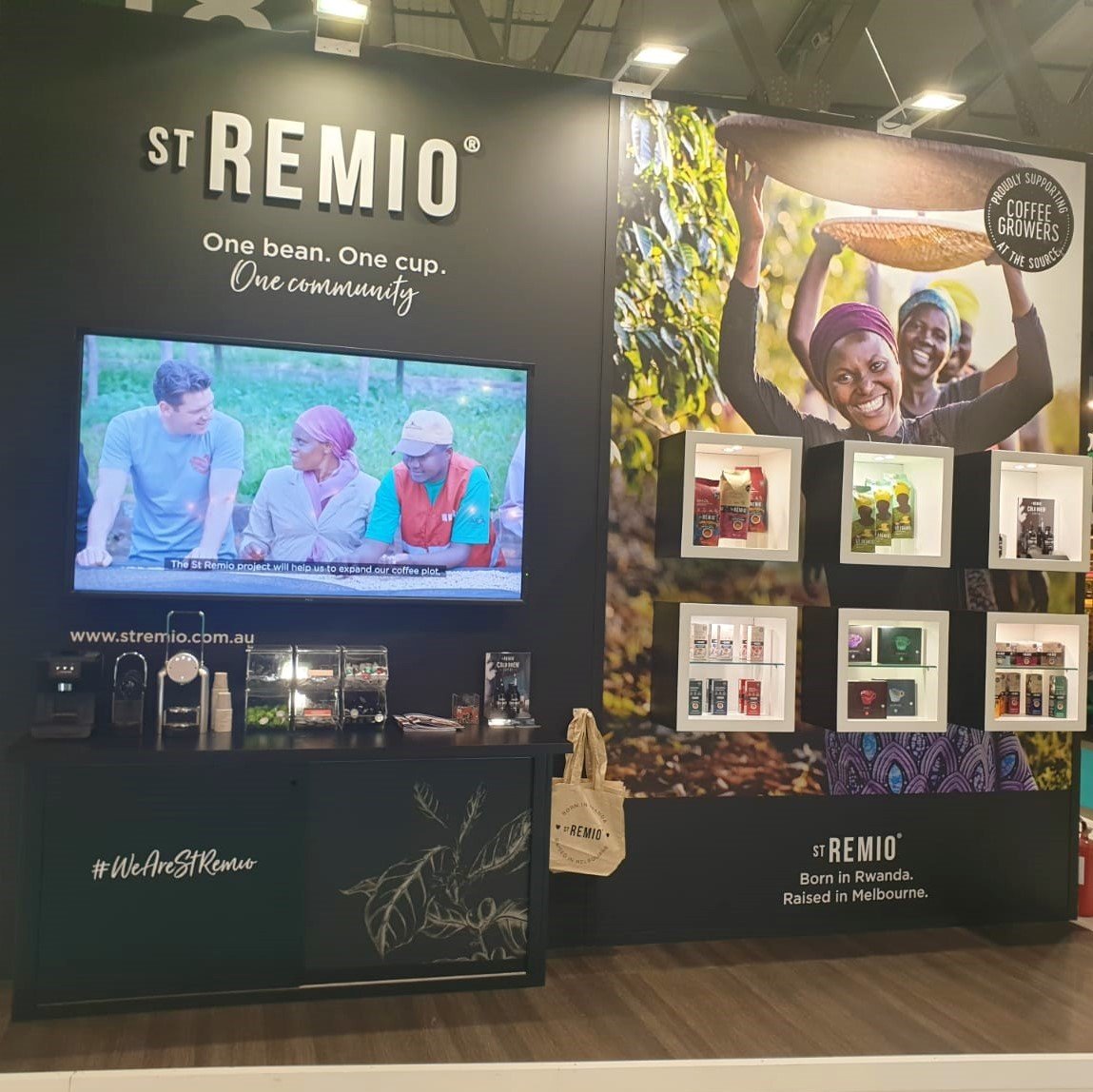It’s time we rethink the way we price coffee…

Why do coffee farmers get paid so little for the coffee they harvest when we will happily pay up to $5 (AUD) for a takeaway coffee? It’s seems completely unfair and unreasonable and we don’t think coffee farmers are getting the price they deserve!
You may not have been aware, but coffee is actually traded and treated as a commodity (a raw material that can be bought and sold on regular markets). Therefore, the price is subject to change daily and there are no set costs or margins. This means that the quality produced or the effort that goes into farming coffee beans makes no difference to the price. In short, the price of coffee is determined by supply and demand. The price of coffee sits at the point where supply equals demand, making it extremely variable and vulnerable to change. If there becomes a scarcity of coffee, the price will increase and if there is an oversupply of coffee it will decline. When the price of coffee declines, more people are likely to purchase it as they feel like they are getting a good deal. The question is, at whose expense?
When people believe that the coffee price is going to drop due to a weak harvest, they will buy future contracts today and sell them later when the coffee price rises for a profit. However, the purchase of these future contracts will usually push the price of coffee up anyway, so the only person who wins in this situation is purchaser, not the farmer.
What this all means is that a farmer and the effort they put into cultivating and producing quality coffee doesn’t have ANY effect on the price of it at all. Coffee price is not linked to production, it is linked only to the amount that is purchased. Producers and farmers have a very small margin as it is, so when the market coffee price dips, like it does so often (currently sitting at $.0.96USD/lb), they are the ones who struggle to make ends meet.
Armed with this information, it is important to us here at St Remio to only purchase UTZ certified coffee to ensure we are protecting the growers and purchasing coffee at a fair price which allows them to invest back into their farms and their families.
There really are only 2 ways to combat the falling coffee price. Creating a blanket price for coffee would likely have a detrimental effect by flooding the coffee market and making it harder for farmers to sell their crop due to oversupply. Instead it would be much smarter to link the cost of coffee to the production and farming costs. These costs vary from country to country dependent on product and employee costs and this needs to be taken into account. It is a fair way to support the coffee industry and ensure it remains sustainable.
A second idea (and the one we agree with the most) is to increase the transparency of coffee, allowing consumers to become more knowledgeable when choosing a brand. It will make you think twice about the human impact of commodity trading. That is what we do at St Remio. We are transparent about where YOUR coffee comes from and we allow YOU, the consumer to make the choice to support a company that gives back at the source and cares about the sustainability and future of coffee and the farmers.
If companies and roasters can collectively take a stand and only use certified coffee, we are taking a stand to protect the coffee growers and ensure the longevity of this industry and the farmers. If we don’t protect the farmers of today, we simple won’t have the coffee of tomorrow.
References:
Boydell, H 2018, ‘Rethinking The C Price: Should We Change How We Price Coffee?’, Perfect Daily Grind, October 24th, <https://www.perfectdailygrind.com/2018/10/rethinking-the-c-price-should-we-change-how-we-price-coffee/>
Markets Insider 2019, ‘Commodites’, Markets Insider, viewed 21st October 2019, <https://markets.businessinsider.com/commodities/coffee-price>



